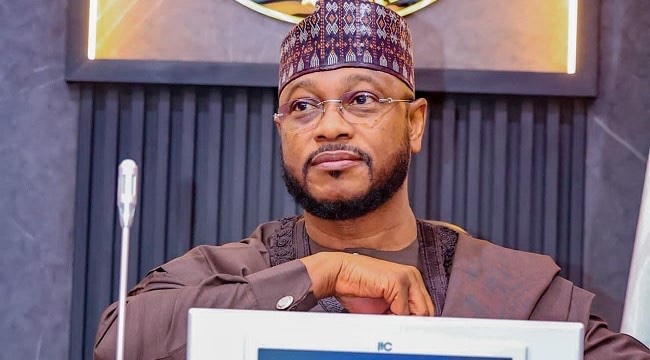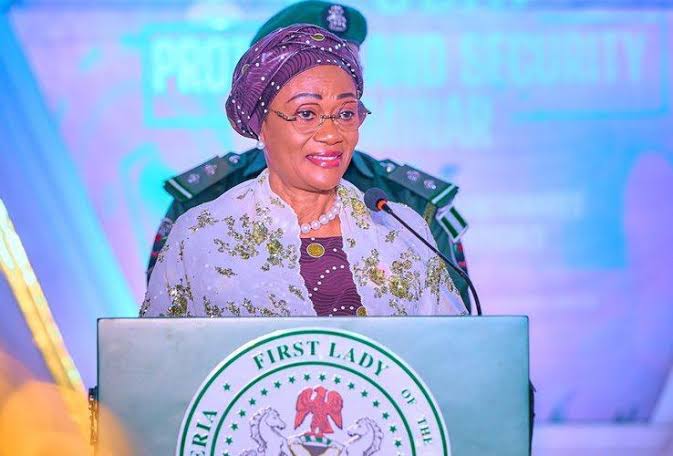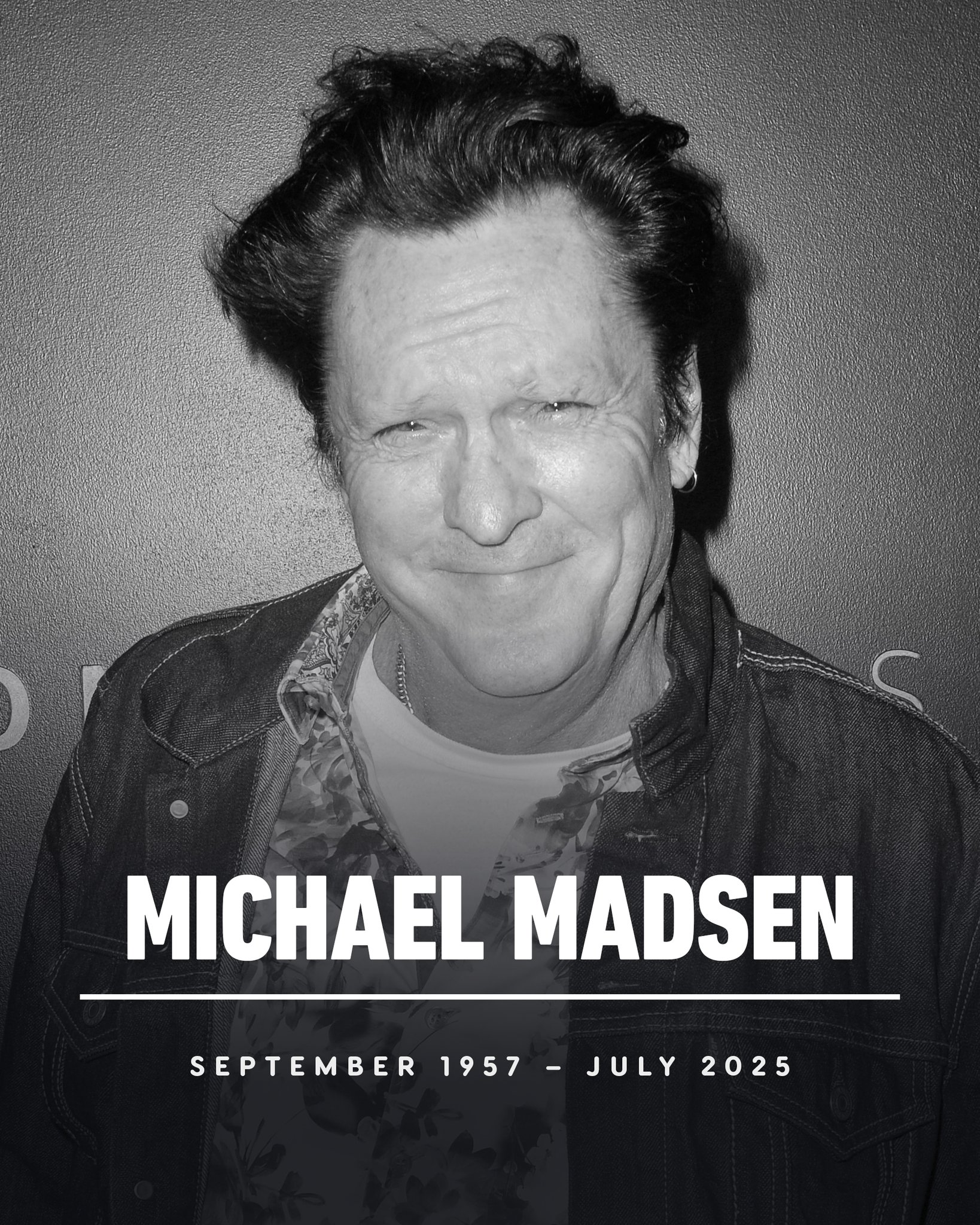
“To Defeat Tinubu, You Must Do the Unthinkable”: Datti Baba-Ahmed Drops Bombshell on 2027 Election Strategy

In a bold and unsettling political declaration, Yusuf Datti Baba-Ahmed, the 2023 vice-presidential candidate of the Labour Party, has sounded an ominous warning to the opposition ahead of the 2027 general elections. Speaking during a high-stakes interview on Trust TV, Baba-Ahmed sent ripples across the Nigerian political landscape when he declared that unseating President Bola Ahmed Tinubu would take more than just forming a coalition—it would require doing the unthinkable. His statement, delivered with piercing candour, has reignited conversations about the depth, power, and long-term strategy of the current presidency.
Baba-Ahmed, who was Peter Obi’s running mate in the 2023 elections, didn’t mince words as he dissected the recent attempts by opposition parties to form a united front. The coalition, which includes the Labour Party, African Democratic Congress (ADC), and several smaller political groups, had hoped to present a formidable alternative to Tinubu’s All Progressives Congress (APC) in the next electoral cycle. But Datti remains unimpressed. “If this coalition—which I recognise—thinks it’s business as usual, it won’t work. It has to be less about individual ambition and more about Nigeria,” he warned.
According to him, defeating Tinubu cannot be approached as a mere political calculation or routine electioneering strategy. Instead, it will require a dramatic shift in mindset, discipline, and a kind of political sacrifice the country rarely sees. “To defeat this phenomenon called Tinubu, you must do the unthinkable,” he said with steely seriousness. The phrase has since echoed across social media and political spheres, triggering both fear and inspiration among different factions.
Datti Baba-Ahmed’s remarks come at a time when many Nigerians are expressing dissatisfaction with the economic and political direction of the country. Yet, despite this undercurrent of discontent, he argues that the opposition is grossly underestimating Tinubu’s hold on the nation. “People are underestimating Tinubu,” he said, almost in exasperation. “Even Nigeria’s military rulers didn’t do what he’s doing.”
He proceeded to lay bare the depth of Tinubu’s political mastery, describing him as a man who has moved across the political chessboard for decades, strategically positioning allies, eliminating threats, and consolidating power with ruthless efficiency. “From councillor to president, this man has appointed, disappointed, installed, and removed at will. He is powerful.” It was less of an insult and more of an acknowledgment—a rare moment of giving credit to a political adversary for years of meticulous groundwork.
Datti then provided a sobering history lesson to those who might have forgotten Tinubu’s behind-the-scenes influence on Nigeria’s democratic evolution. He reminded Nigerians that Tinubu offered the Action Congress of Nigeria (ACN) platform to Atiku Abubakar in 2007, handed it to Nuhu Ribadu in 2011, backed Muhammadu Buhari in 2015, and ultimately seized the mantle himself in 2023. “You don’t come in haphazardly and say you’ll defeat someone who has been planning for decades,” he cautioned. The message was clear: This is no ordinary presidency, and this is no ordinary man.
The conversation didn’t stop there. Datti Baba-Ahmed turned the spotlight on the opposition itself, accusing it of being more focused on personal ambition than on national salvation. “How many people are willing to suppress their own ambition for the good of Nigeria? That’s the real issue,” he lamented. He acknowledged the theoretical strength of the coalition and affirmed his belief in the Labour Party’s capacity but made it evident that internal egos and shallow unity would never be enough to unseat Tinubu.
This rare outburst has sparked intense reactions online and offline. While many supporters of the Labour Party and Peter Obi hail Datti’s honesty and strategic insight, others believe his tone signals frustration or even internal disillusionment. Political observers have noted that the coalition may already be showing signs of friction, with different camps jostling for dominance and relevance ahead of 2027. Datti’s words seem to be a reality check—an uncomfortable mirror held up to the face of the opposition.
The Labour Party, once buoyed by its unexpected success in the 2023 elections and the surge of youthful support through the “Obidient” movement, now faces a crucial test: Can it evolve from a campaign movement into a real political institution capable of long-term strategy, discipline, and collaboration? Datti Baba-Ahmed seems unconvinced, at least for now. He demands more action and less grandstanding. “More action, less talk. Because talk is cheap,” he emphasized.
As the country inches toward another election season, one thing has become clear: the stakes are higher than ever. The image Datti paints of President Tinubu is not that of a fleeting wave, but of a towering political structure rooted in decades of influence and maneuvering. Anyone aiming to bring it down must be prepared not just to fight, but to fight differently. The “unthinkable,” as he calls it, remains undefined, leaving many to speculate whether he refers to radical unity, unprecedented reforms within opposition parties, or a kind of mass mobilization Nigeria has never witnessed.
Whatever the case, Datti Baba-Ahmed’s blunt assessment has disrupted the calm narrative that a simple coalition of parties could shift Nigeria’s political destiny. He has thrown down a gauntlet—not just to the ruling APC, but to every opposition leader who dreams of taking the helm in 2027. The message is uncompromising: if you’re not ready to abandon self-interest, challenge entrenched systems, and make unimaginable sacrifices, then you’re not ready to defeat Bola Ahmed Tinubu.
Whether the opposition will heed this warning or brush it off as political theatrics remains to be seen. But as the nation watches and listens, Datti’s words now ring loud across every conversation about Nigeria’s future—words that may very well define the road to 2027.


